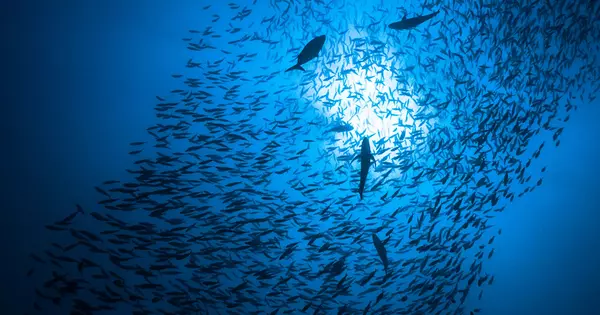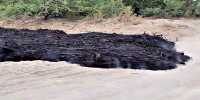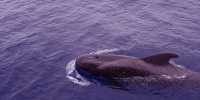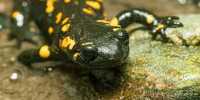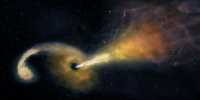When all previous occurrences of an ecosystem’s unique biotic or abiotic features are lost, the ecosystem is said to be collapsed. Ecosystem collapse causes ecological collapse within a system, altering its stability, resilience, and diversity levels. It is, however, possible to reverse through careful restoration, so thus is not entirely synonymous with species extinction.
Existing methods of calculating biodiversity dynamics are ineffective in detecting large-scale species community changes caused by ocean acidification. According to research from the University of Adelaide, even when biodiversity metrics show no or little change, there may still be a reorganization of ecological communities in our oceans.
“One of the most widely held beliefs is that climate change will alter global marine biodiversity,” said Professor Ivan Nagelkerken of the University of Adelaide’s Environment Institute and Southern Seas Ecology Laboratories.
“Because new species replace species that are lost, commonly used biodiversity measures do not detect reorganization of marine communities caused by ocean acidification. Even with significant habitat loss, there is little or no biodiversity change when one community of marine species is replaced by another.”
One of the most widely held beliefs is that climate change will alter global marine biodiversity. Because new species replace species that are lost, commonly used biodiversity measures do not detect the reorganization of marine communities caused by ocean acidification.
Professor Ivan Nagelkerken
The team looked at research undertaken into how species communities located around undersea volcanic CO2 vents and in laboratory mesocosms respond to changes in climate. They reviewed 58 research studies that examined communities in different types of temperate reefs, coral reefs, and seagrass beds, and 23 studies carried out in outdoor experimental environments or laboratories.
Climate change due to human activity has a direct impact on marine species. It alters their abundance, diversity, distribution, feeding patterns, development, and breeding, and the relationships between species are affected. The University of Adelaide’s Professor Sean Connell, who is also from the Environment Institute and Southern Seas Ecology Laboratories, co-authored the study.
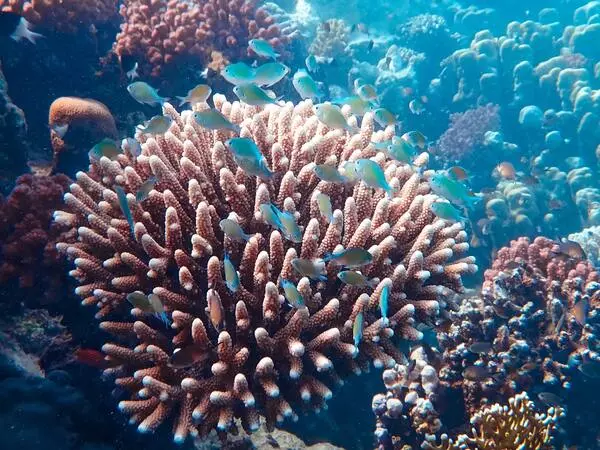
“Because laboratory experiments are ineffective at detecting biodiversity change, natural systems experiencing advanced ocean acidification are emerging as an innovative way of studying biodiversity responses,” he said.
“No ecological study, whether conducted in the laboratory or in the field, can fully replicate the complex ecological interactions that exist in nature across the time and spatial scales relevant to climate change.”
Rising sea temperatures are wreaking havoc on many of the world’s most important ecosystems, including coral reefs and kelp forests.
“Future projections of ecosystem change and stability will be more meaningful if they focus on species replacements and changes in species abundance rather than testing for signs of habitat loss or biodiversity loss per se,” Professor Nagelkerken said.
By acting as a major heat and carbon sink, the ocean plays a critical role in mitigating climate change. Climate change also has an impact on the ocean, as evidenced by changes in temperature, currents, and sea level rise, all of which have an impact on the health of marine species and nearshore and deep ocean ecosystems.
